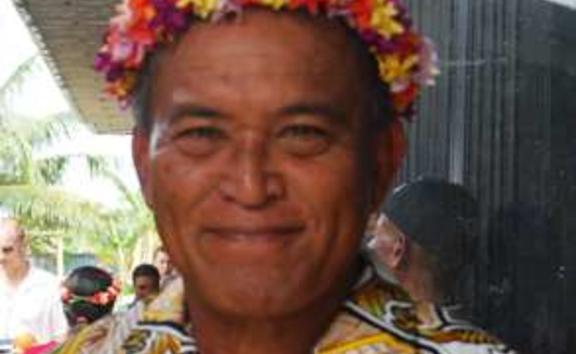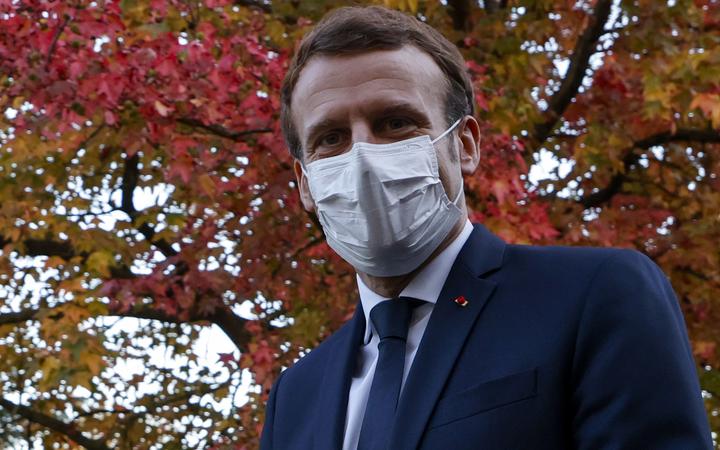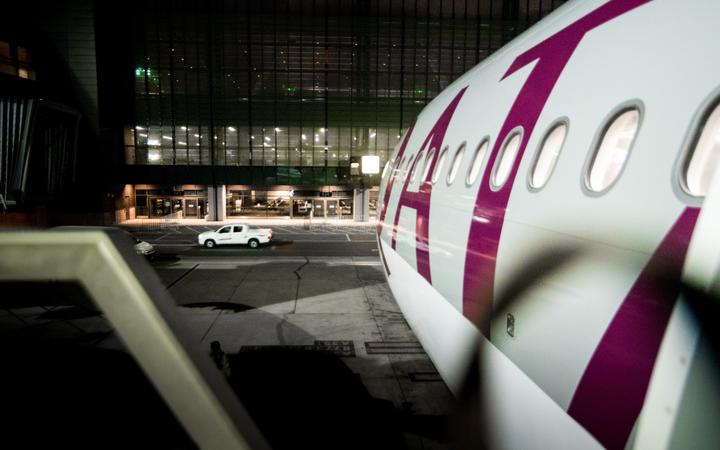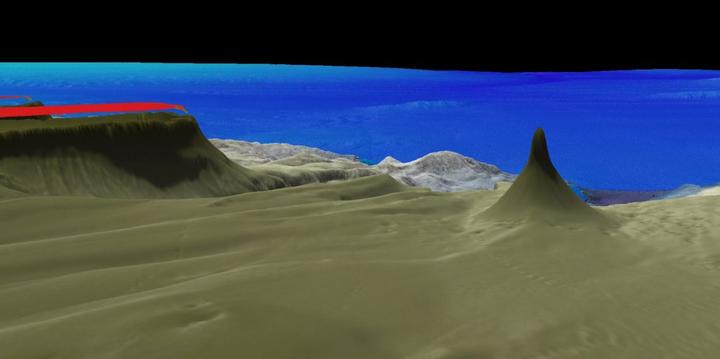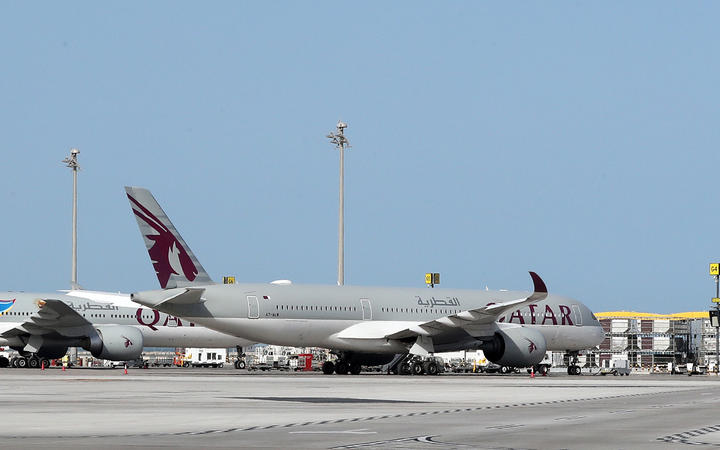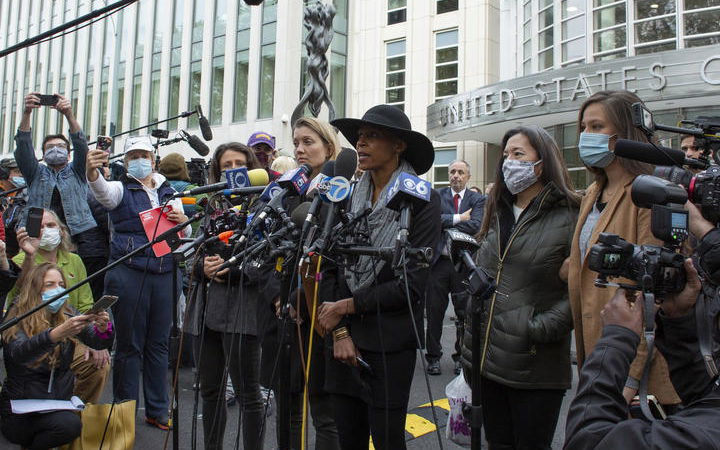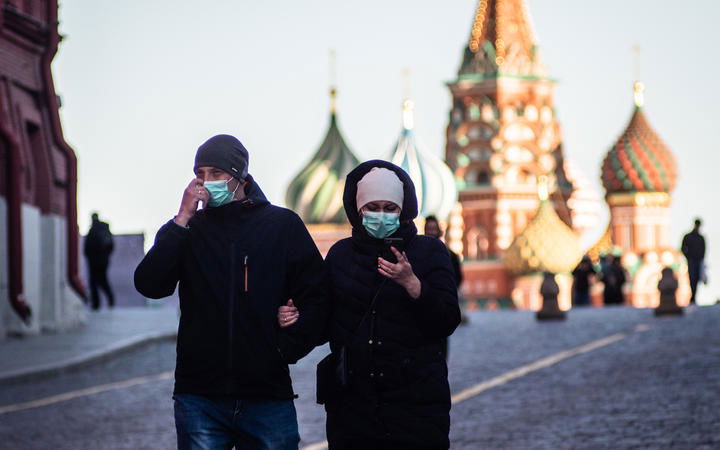He's a world champion and cross-code sporting star, but one thing still scares Sonny Bill Williams: politics
The Wallabies, the Melbourne Storm, injuries, or even retirement - not so much. The thing NRL star Sonny Bill Williams finds daunting is politics.
Sonny Bill Williams. Photo: NRL Photos 2020/Photosport
"Sportspeople just grow up knowing sports," he told the ABC in front of Parliament House in Canberra.
"No-one really knows politics, so it's daunting."
On Wednesday morning, despite his apprehension, he spoke to MPs and journalists about 290 asylum seekers stuck on remote Pacific islands Manus Island and Nauru.
New Zealand Prime Minister Jacinda Ardern has made an offer to have the men, who are in Australia's immigration detention system, resettled in New Zealand. Australia's Government has not yet accepted the invitation.
"Brother Scotty [Prime Minister Scott Morrison] just needs to sign that paper and, whoever it is, we just need to get it done," Williams said.
"These people are humans just like us."
'We just need to give them a fair go'
The United States offered to take up to 1250 asylum seekers in a deal struck by Malcolm Turnbull and Barack Obama in 2016, and close to 1000 have been homed so far.
But hundreds more remain in limbo, either due to the US rejecting their application or through a reluctance to move there.
"I feel like we just need to have a human outlook and think that, just like any goodwilled Aussie, we just need to give them a fair go," Williams said.
The Secretary of the Department of Home Affairs, Mike Pezzullo, last week said the New Zealand offer was being "actively considered".
A spokesperson for Home Affairs Minister Peter Dutton said the New Zealand offer was appreciated, but the government was focused on the US arrangement.
"We are aware that people smugglers in our region market New Zealand as a destination," they said.
"In fact, as part of OSB (Operation Sovereign Borders), we have already stopped four people-smuggling boats which were headed to New Zealand."
Williams has supported efforts to assist refugees in the past, and he visited a Middle Eastern refugee camp in 2015.
However, the Sydney Roosters player was less comfortable when addressing issues beyond refugees.
When asked about a potential boycott of the Winter Olympics in Beijing, or the Wallabies' decision not to kneel, Williams said he did not want to "get off topic".
Alongside Williams at the Amnesty International-arranged event was former Socceroo and human rights advocate Craig Foster. He was happy to entertain a range of issues.
Not only did Foster lobby for the release of asylum seekers on Nauru, he was critical of Qatar's human rights record following news of invasive searches of Australian women at a Qatari airport earlier this month, and said it was inappropriate for China to host the 2022 Winter Olympics due to its human rights record.
"You have a huge human-rights atrocity going on with the Uyghur people in north-western China," he said.
"Sport globally is asking whether it is appropriate for them to host the Olympics and I don't think it is."
Athletes lack the confidence to speak out, Williams says
Australian athletes have often been criticised for speaking out on political issues or social causes, but Williams wants more of them to find their voice for causes such as refugee resettlement.
"It's not that there isn't support, it's just formally doing it, organising it," he said.
"Most people I've come across, especially in the sporting field, care about these sorts of issues."
He said there needed to be more groups around causes to help sportspeople become more confident speaking out.
"It's just the organisation of it, bro," the New Zealand international said.
While Williams had one eye on the bigger issues, he still had more immediate questions to answer.
His contract with the Sydney Roosters has expired and speculation about his NRL future is mounting.
Williams said it would "come to fruition" in the next couple of months.
- ABC


